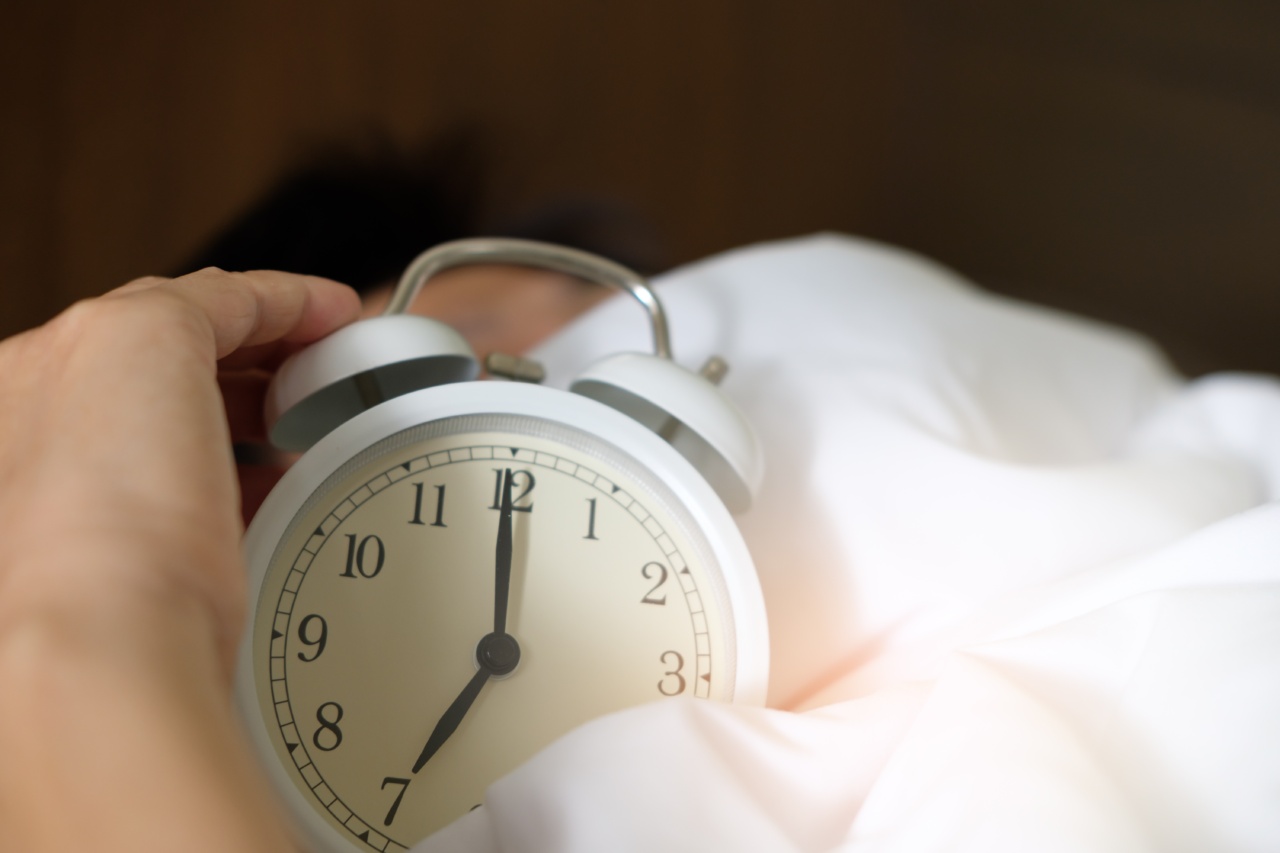Waking up feeling terrible, even after getting enough sleep, is a common problem that many people face. It can result in a lack of energy, drowsiness, and poor focus throughout the day.
The reasons for this may vary from one person to another, but some common factors are responsible for this issue.
1. Poor quality of sleep
Though you may have slept for the recommended time of 7-8 hours, the quality of sleep matters a lot.
Poor quality of sleep may occur due to different factors, including loud noises, use of electronic devices before sleep, uncomfortable bed, and sleeping in an environment that is too hot or cold. Bad sleep quality affects your body’s ability to go through the crucial stages of sleep, which means your body didn’t get enough of the restorative processes during the night.
2. Sleep Apnea
Sleep apnea is a condition that results in the collapsing of the throat muscles leading to a blockage of airflow and causing people to stop breathing during sleep.
The affected person may not wake up but may have multiple periods of shallow breathing and even choking sounds during the night, making them wake up tired and irritated.
3. Medications
Some medications affect the quality of sleep when used long term. For instance, antidepressants may cause drowsiness throughout the day and affect the brain’s chemistry, resulting in poor sleep quality.
4. Stress and anxiety
Stress and anxiety can affect the quality of your sleep, resulting in a feeling of fatigue and tiredness the next day. When you are stressed, your body’s resting state is on alert mode, making it hard to relax and fall asleep.
Additionally, the consistent worrying, bad thoughts, and anxious moments can cause nightmares or disturbing dreams that may leave you feeling exhausted in the morning.
5. Dehydration
Your body needs water to function correctly, and without it, you may experience various symptoms such as headaches, dry mouth, fatigue, and poor sleep quality.
When your body is dehydrated, your blood becomes concentrated and thicker, resulting in a lack of oxygen and essential nutrients in your body. The lack of these crucial substances can affect your body’s effective functioning, leading to a feeling of exhaustion in the morning.
6. Iron Deficiency
Your body needs iron to produce hemoglobin, a protein in red blood cells that carry oxygen throughout your body. When your body has an iron deficiency, it can’t produce enough hemoglobin, leading to anemia.
The lack of oxygen and nutrients needed for your body to function correctly leads to fatigue and poor concentration throughout the day.
7. Overeating or undereating
When you overeat or undereat, it can disrupt your sleeping patterns, resulting in poor sleep quality and a feeling of sluggishness when you wake up.
Eating too much late at night can lead to digestive issues such as acid reflux, leading to uncomfortable feelings during the night. Additionally, not eating enough can cause insomnia and disrupted sleep.
8. Caffeine and alcohol
Caffeine is a stimulant found in coffee, tea, and chocolate, and it can interfere with the quality of your sleep if you consume it late in the day, making it hard to fall asleep.
Similarly, alcohol may make you feel drowsy at first, but it is also responsible for disrupting your normal sleep patterns during the night.
9. Medical conditions
Some medical conditions such as heart disease, diabetes, and multiple sclerosis can affect your quality of sleep and make you feel tired when you wake up.
These conditions affect the functioning of your body and can cause fatigue and drowsiness during the day.
10. Poor sleep routine
A poor sleep routine may cause a disruption in your sleep patterns, resulting in poor sleep quality and feeling exhausted in the morning.
Going to bed at different times and waking up at different times may affect your circadian rhythm and the duration of your sleep, leading to a feeling of fatigue and drowsiness throughout the day.
Conclusion
Waking up feeling terrible, even after getting enough sleep can be attributed to various factors.
From poor sleep quality, medications, stress, dehydration, iron deficiency, overeating/undereating, caffeine, and alcohol intake, medical conditions to poor sleep routine. If you’re experiencing any of these symptoms, seek medical advice, and try to develop a healthy sleeping routine.






























